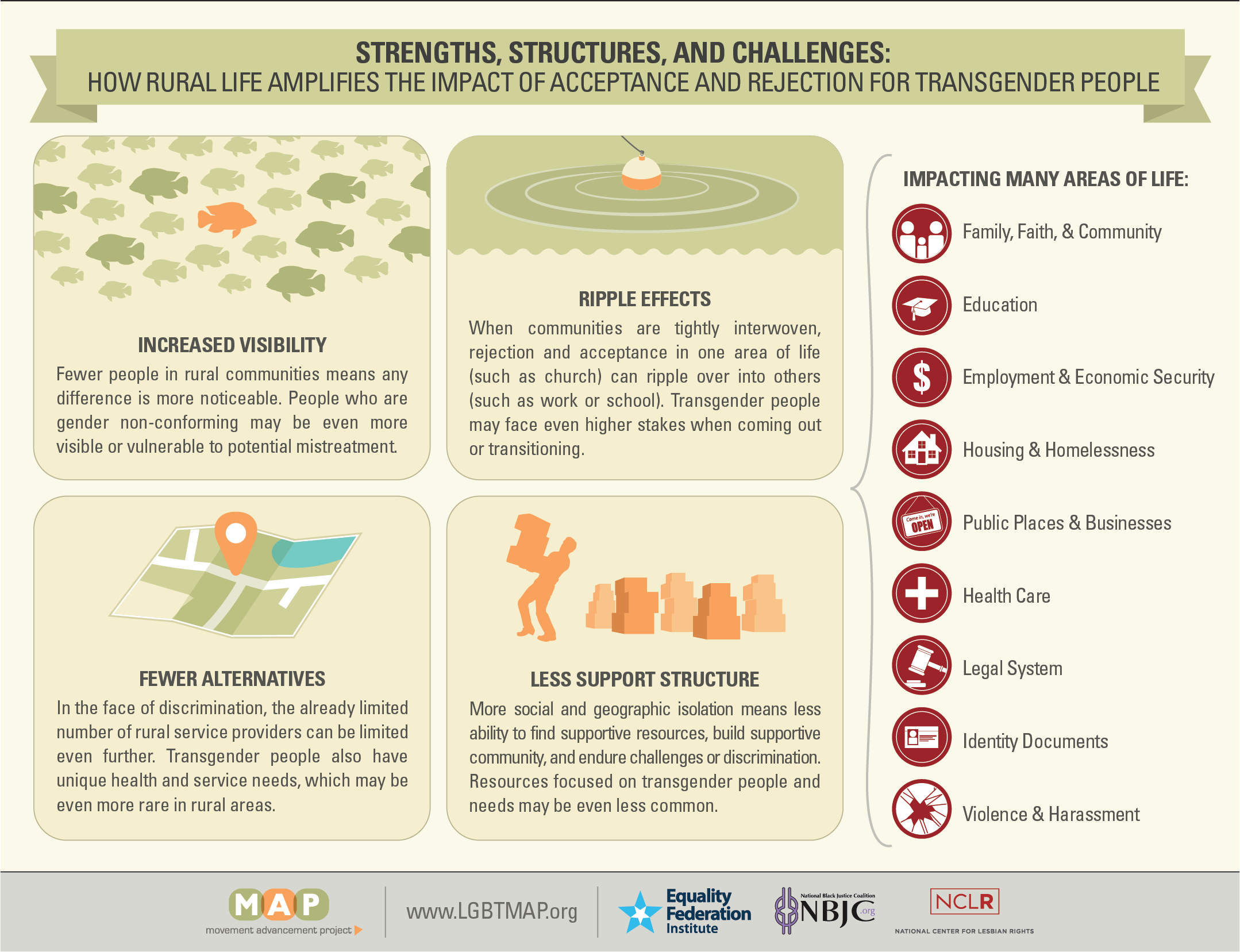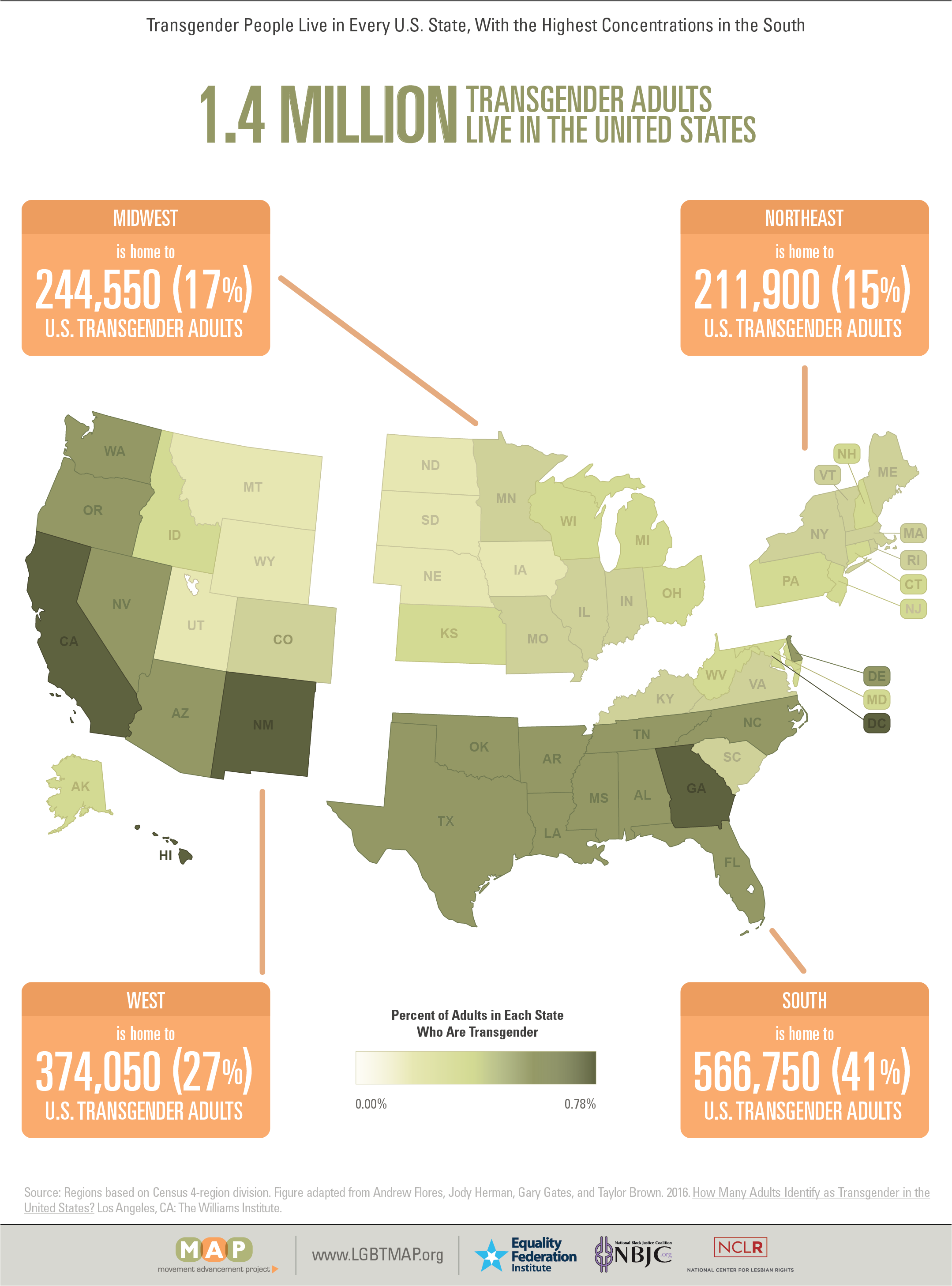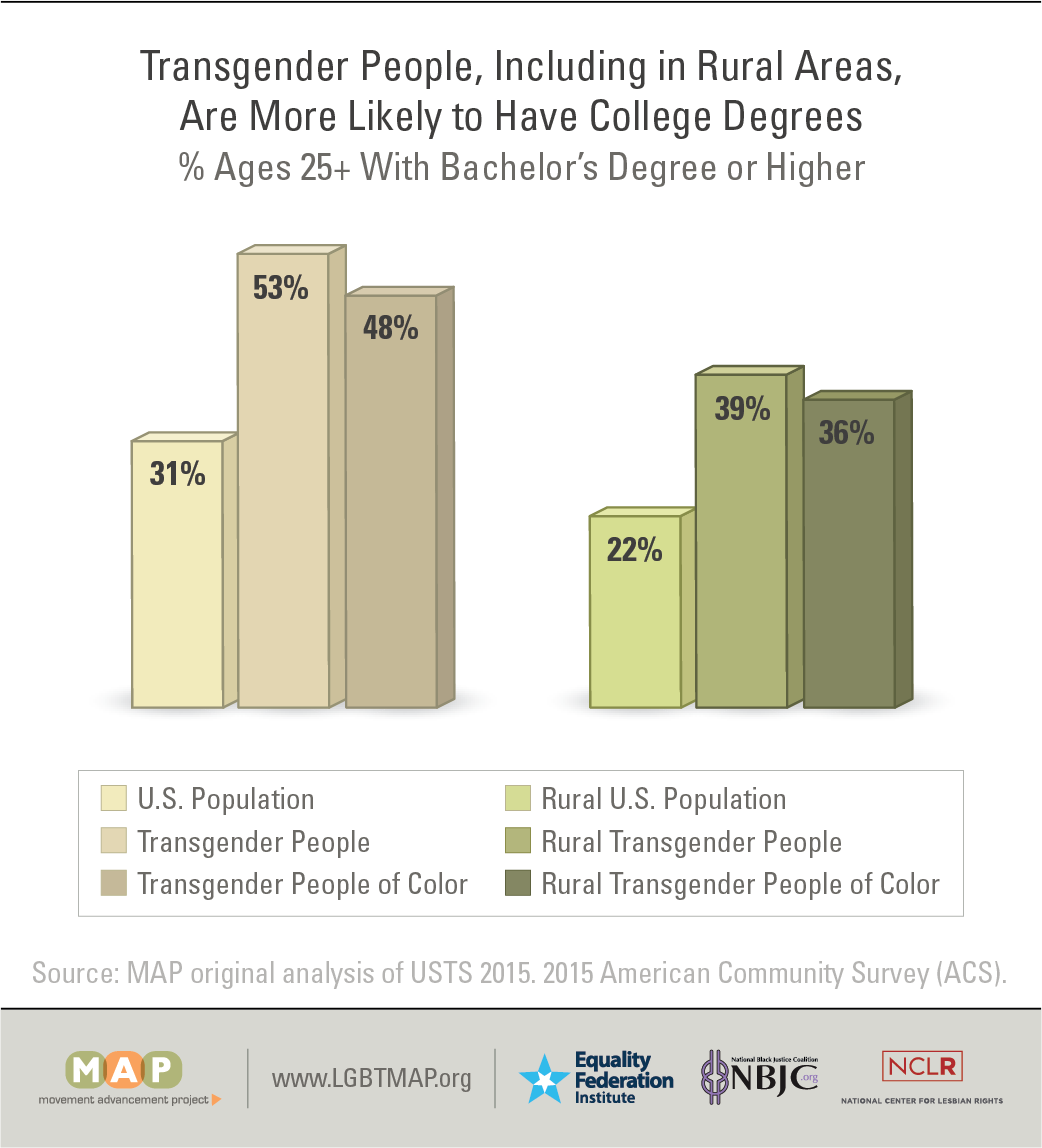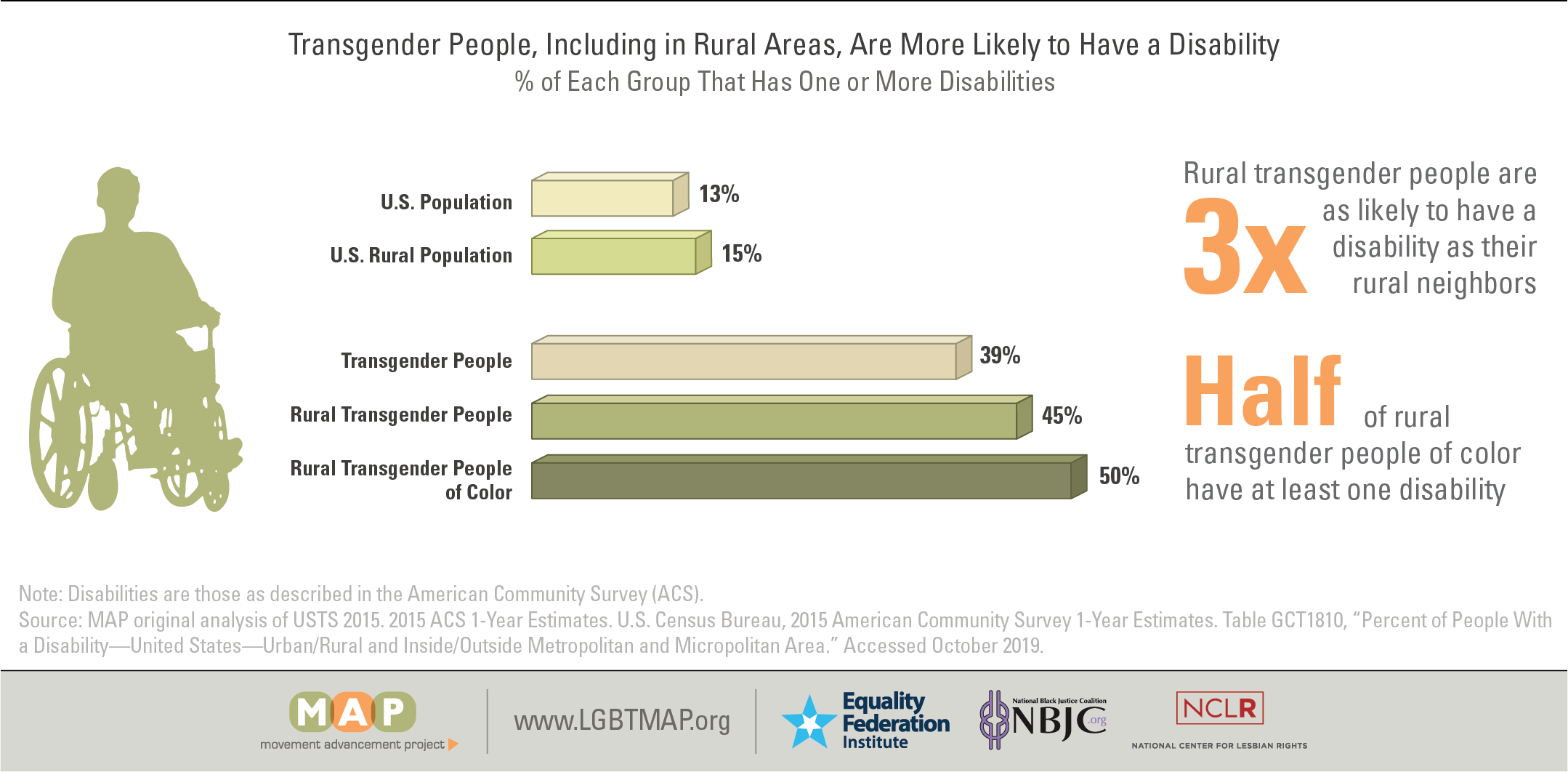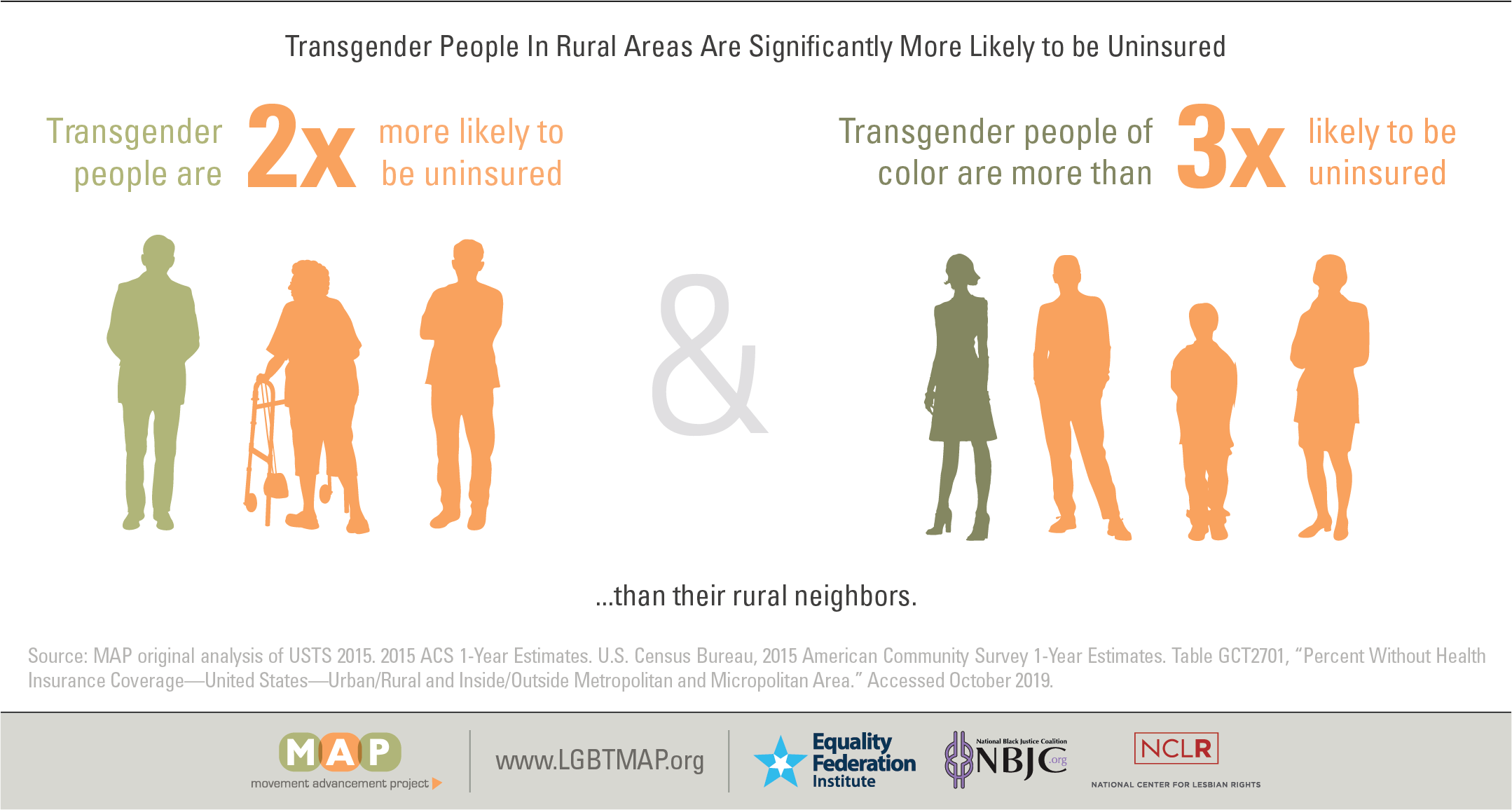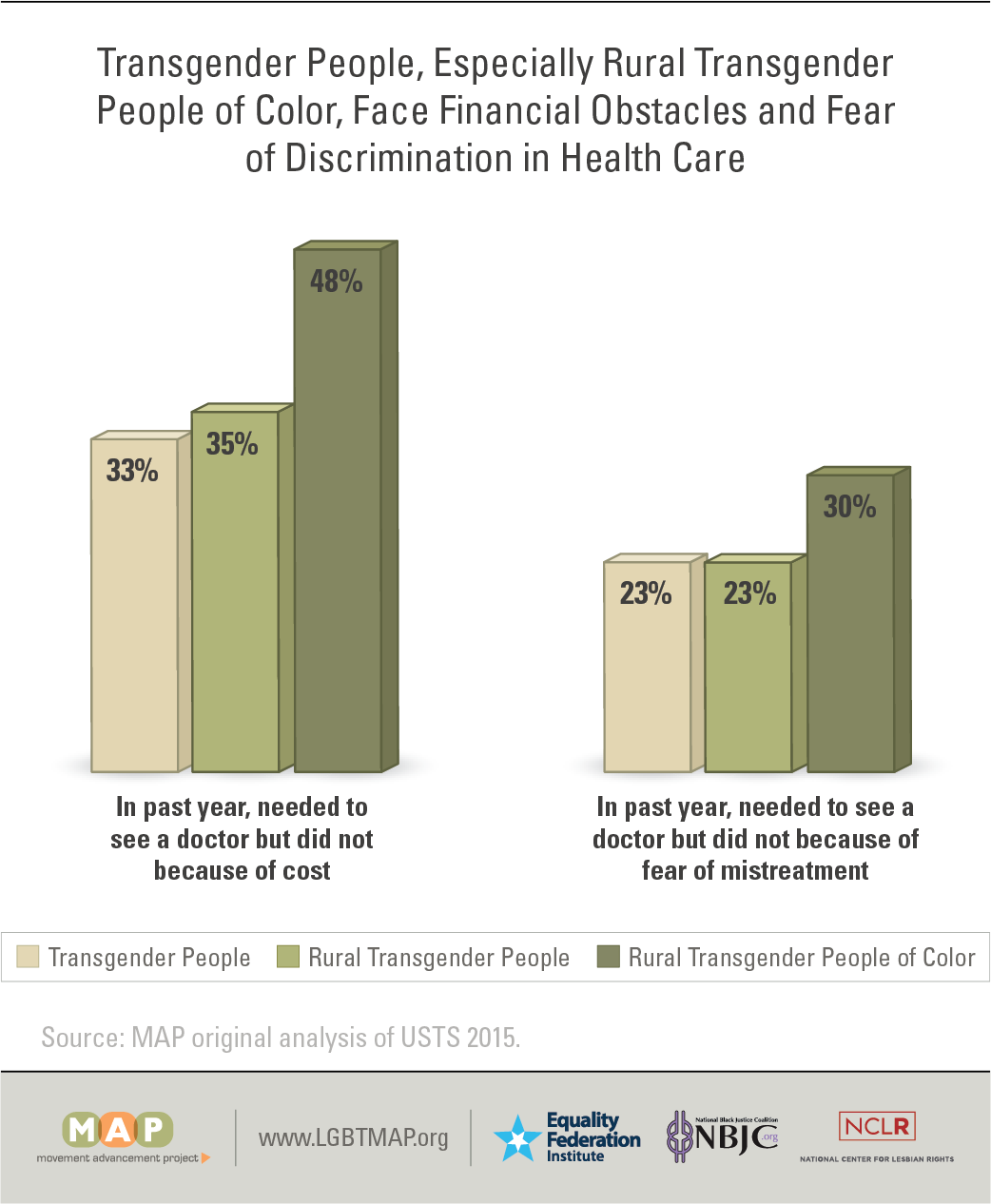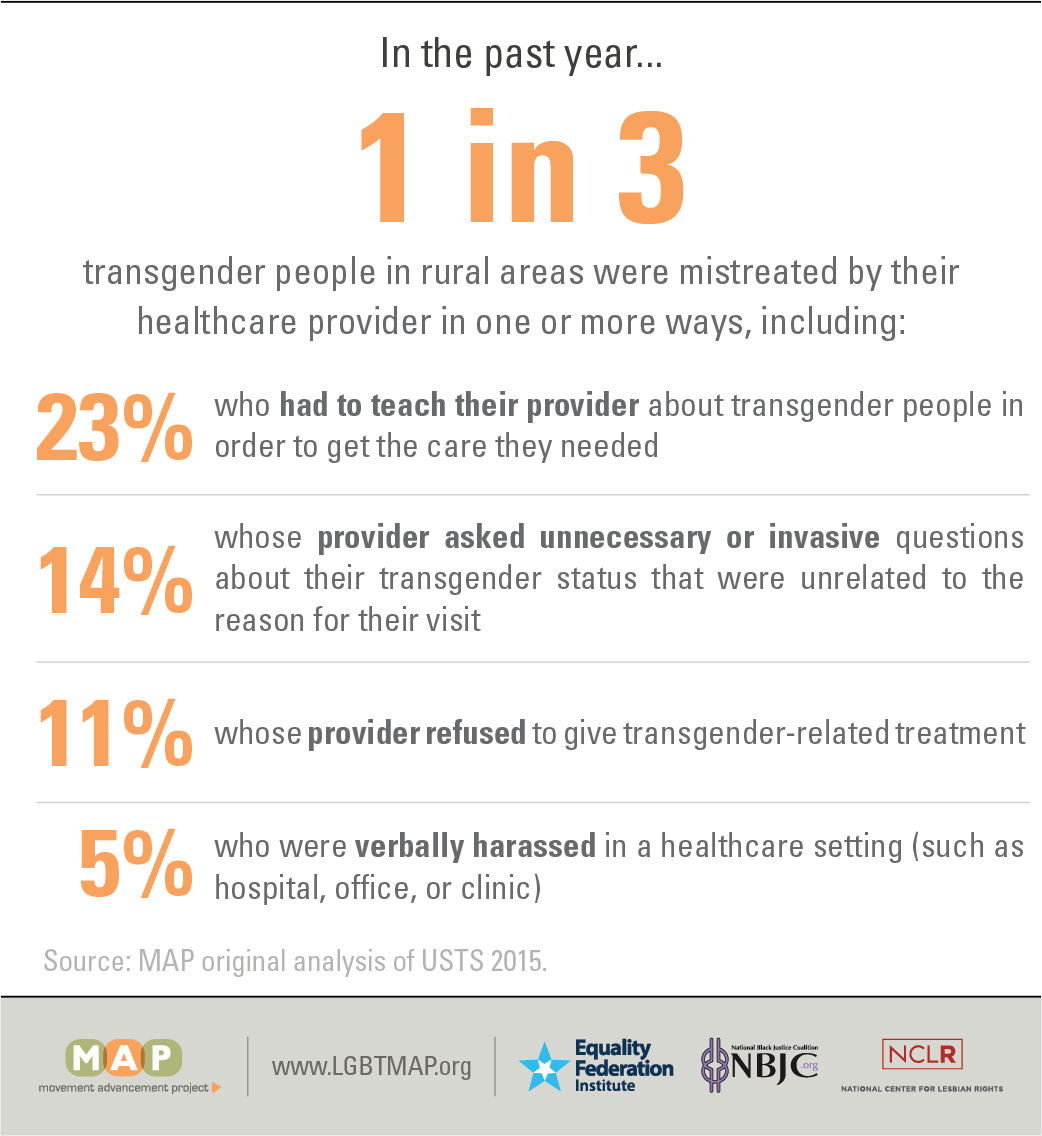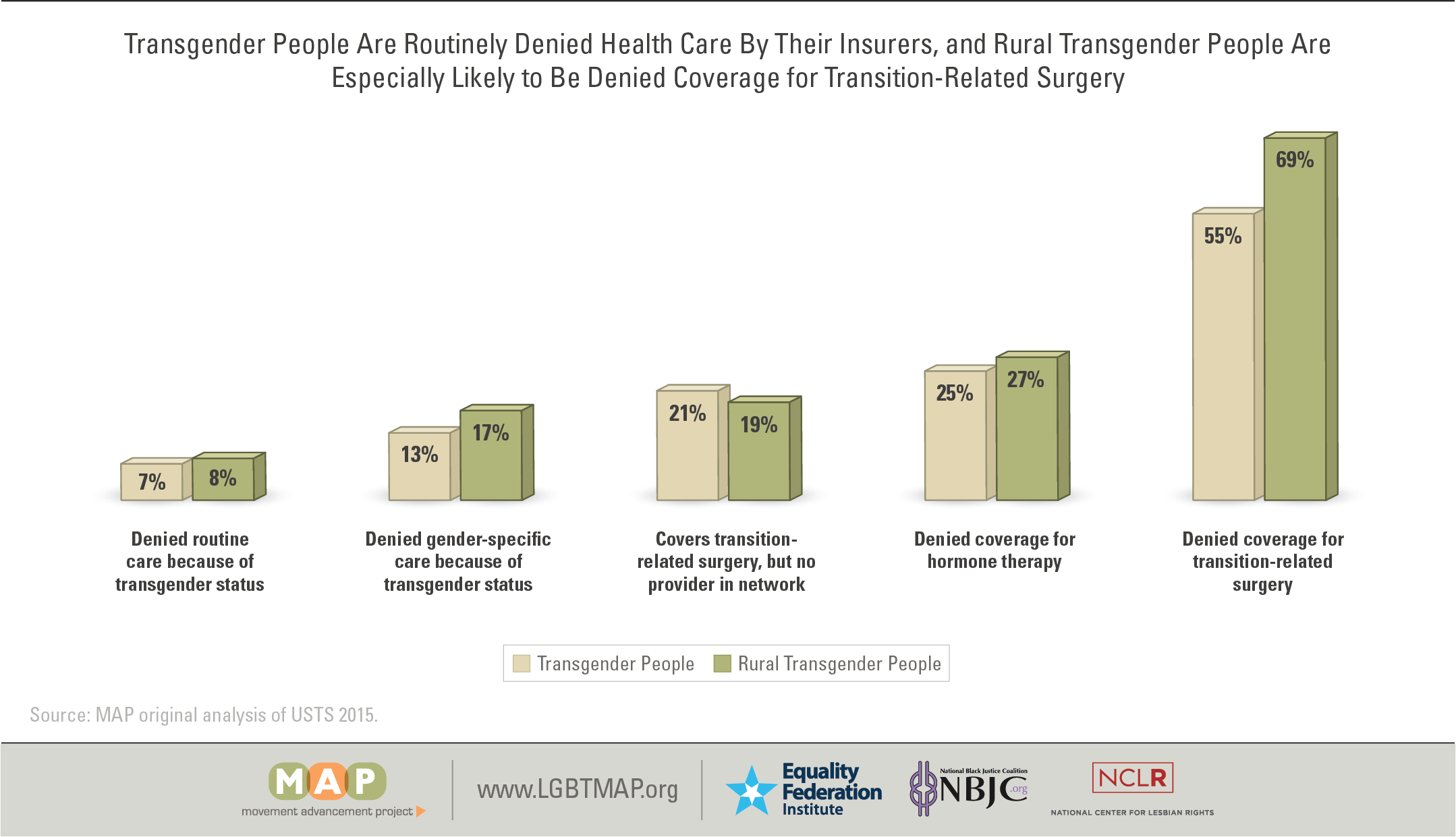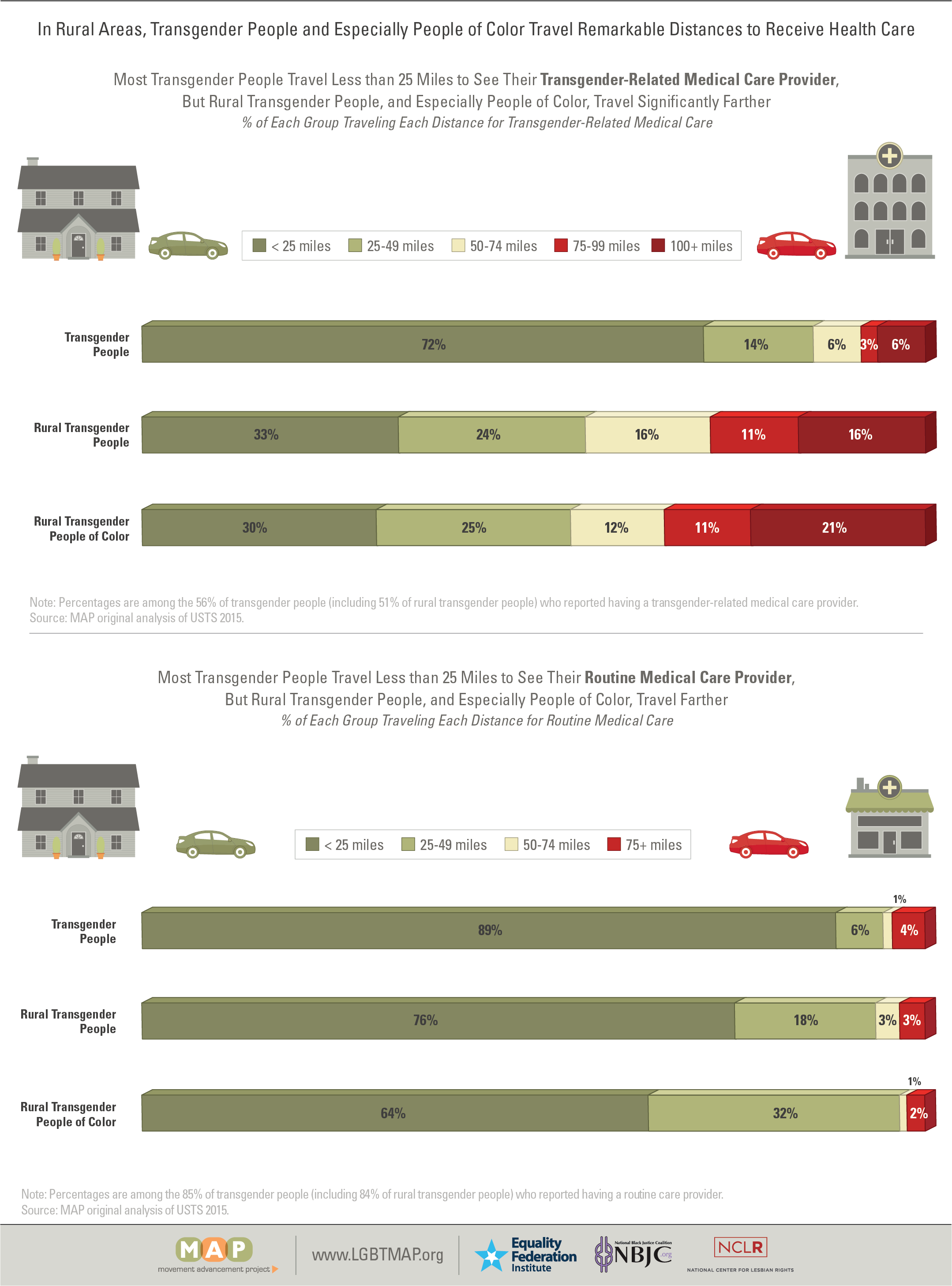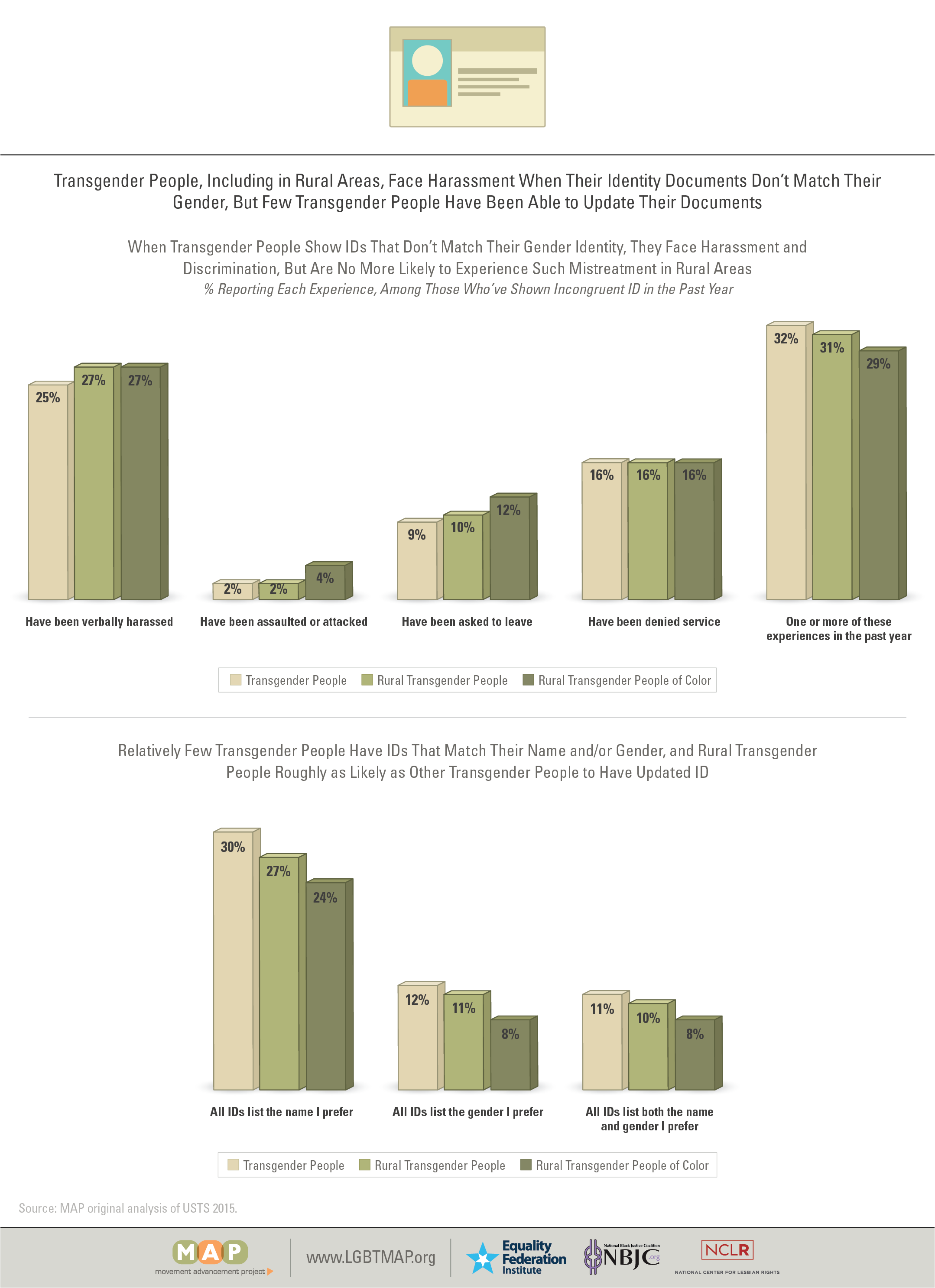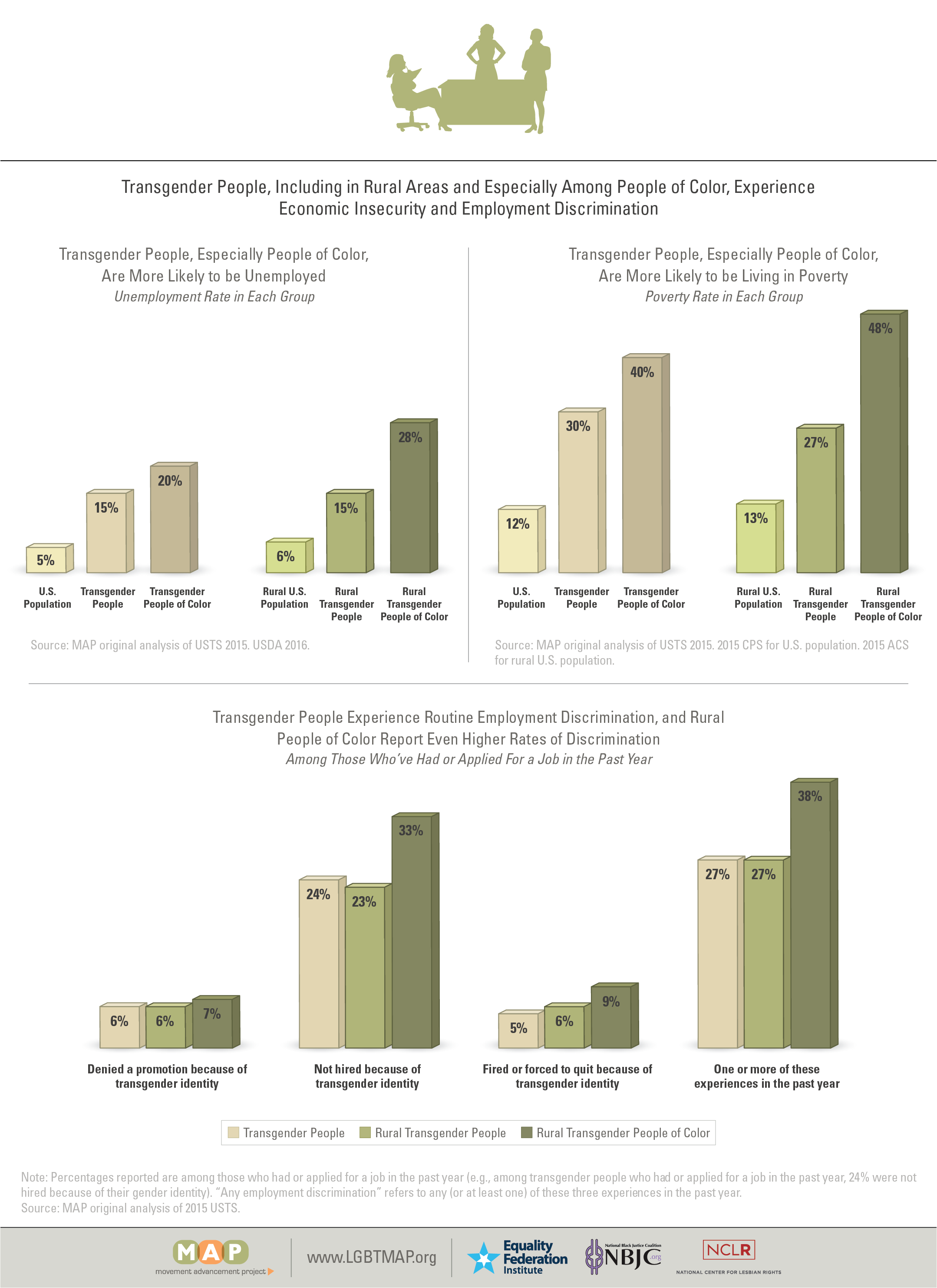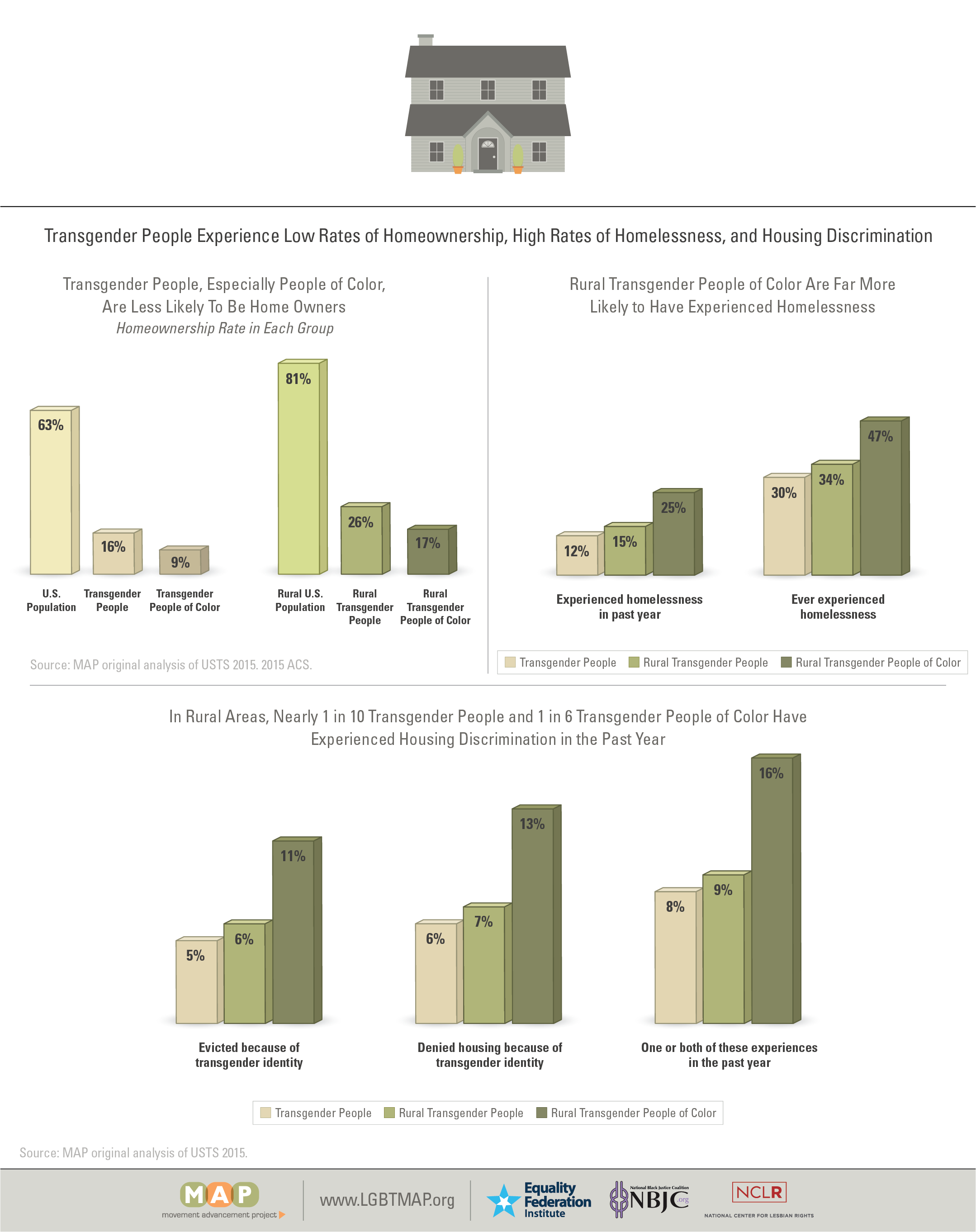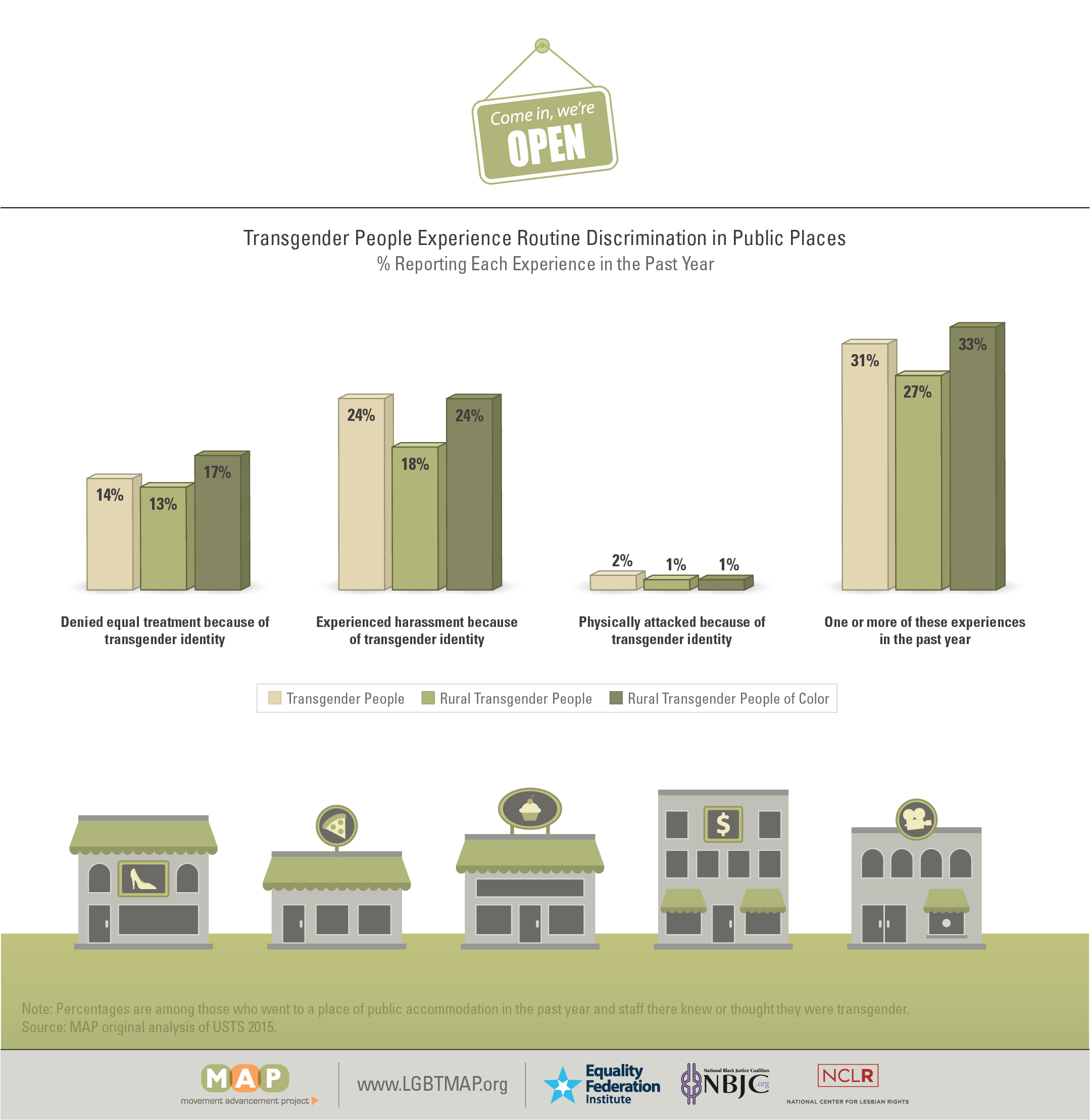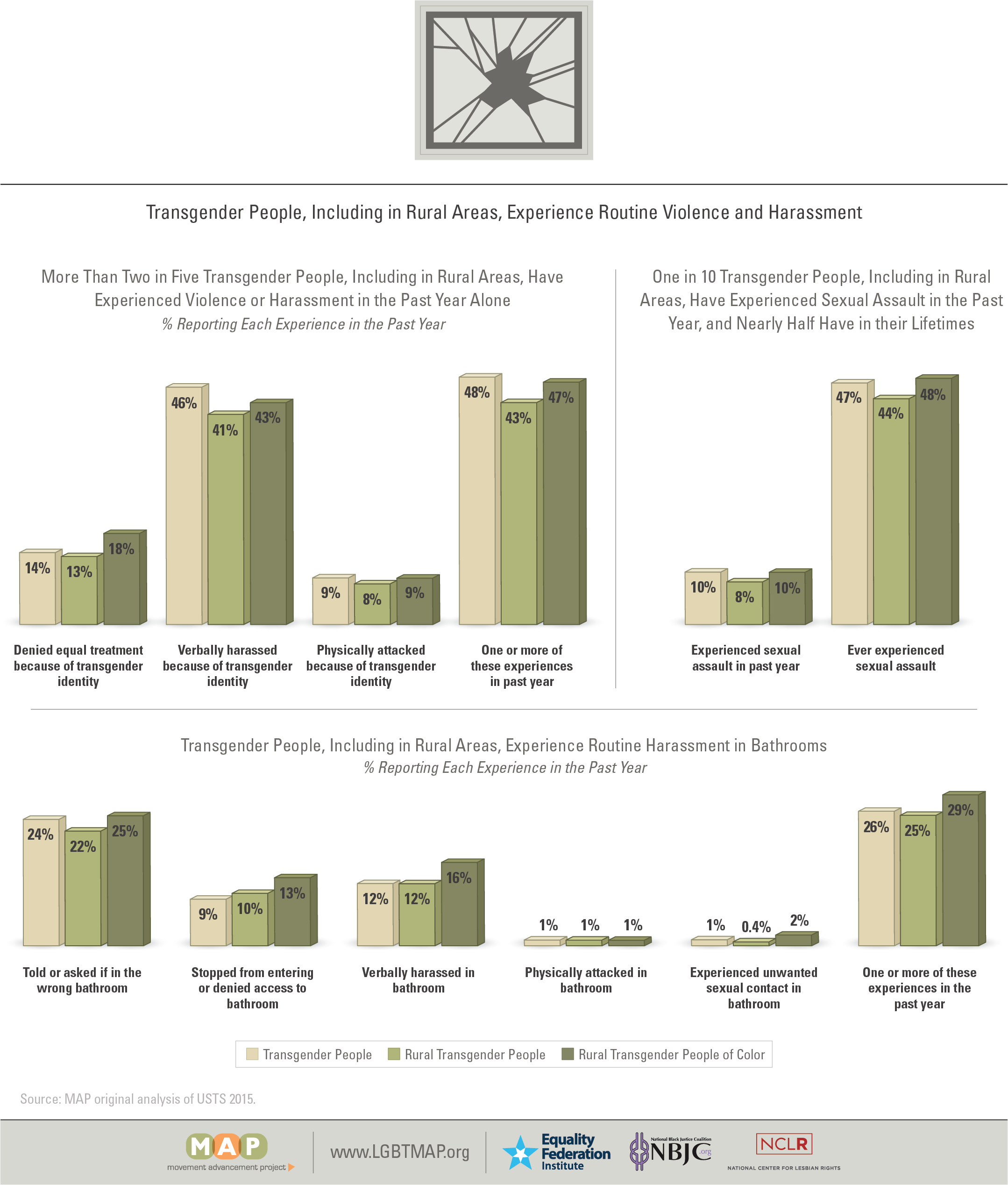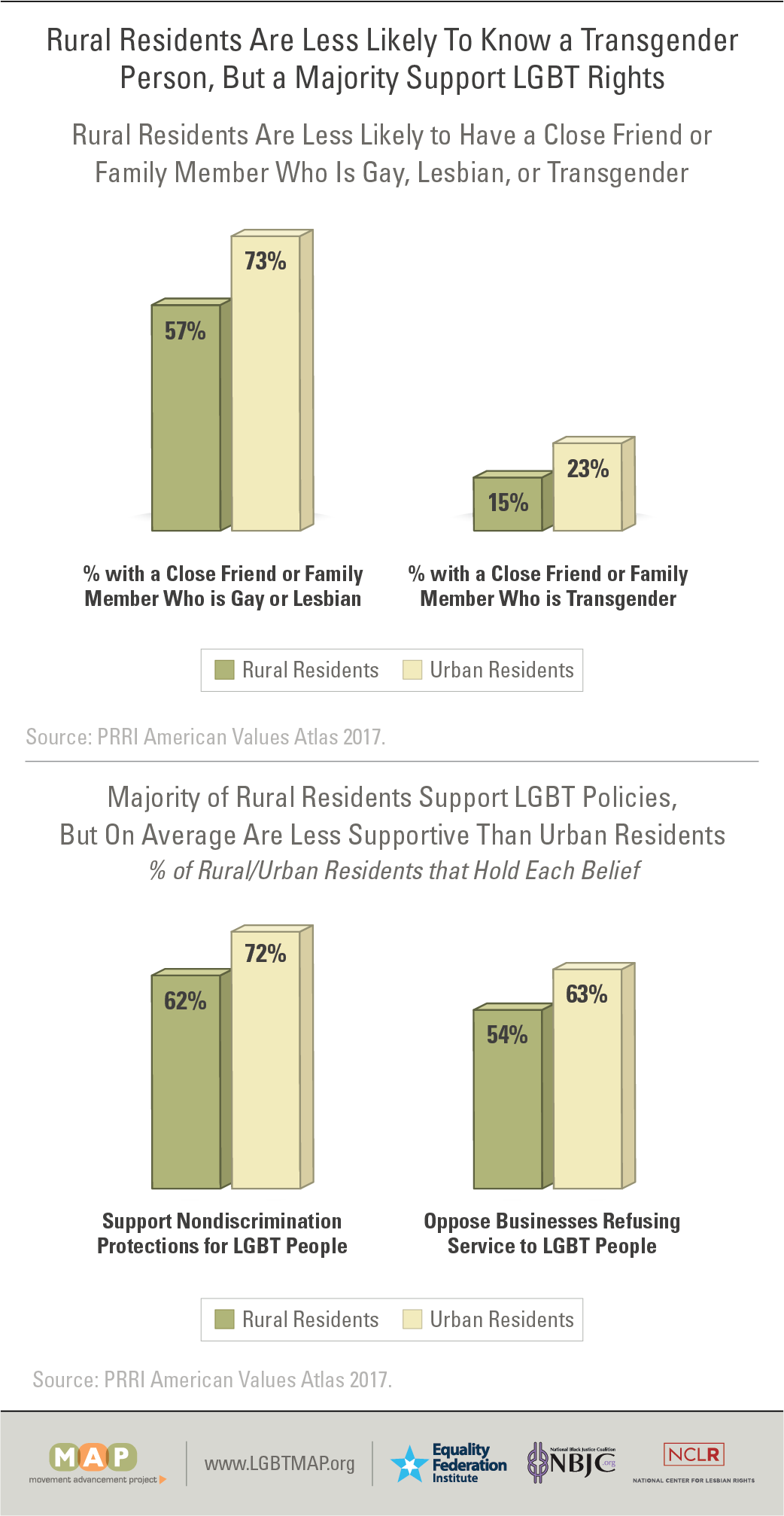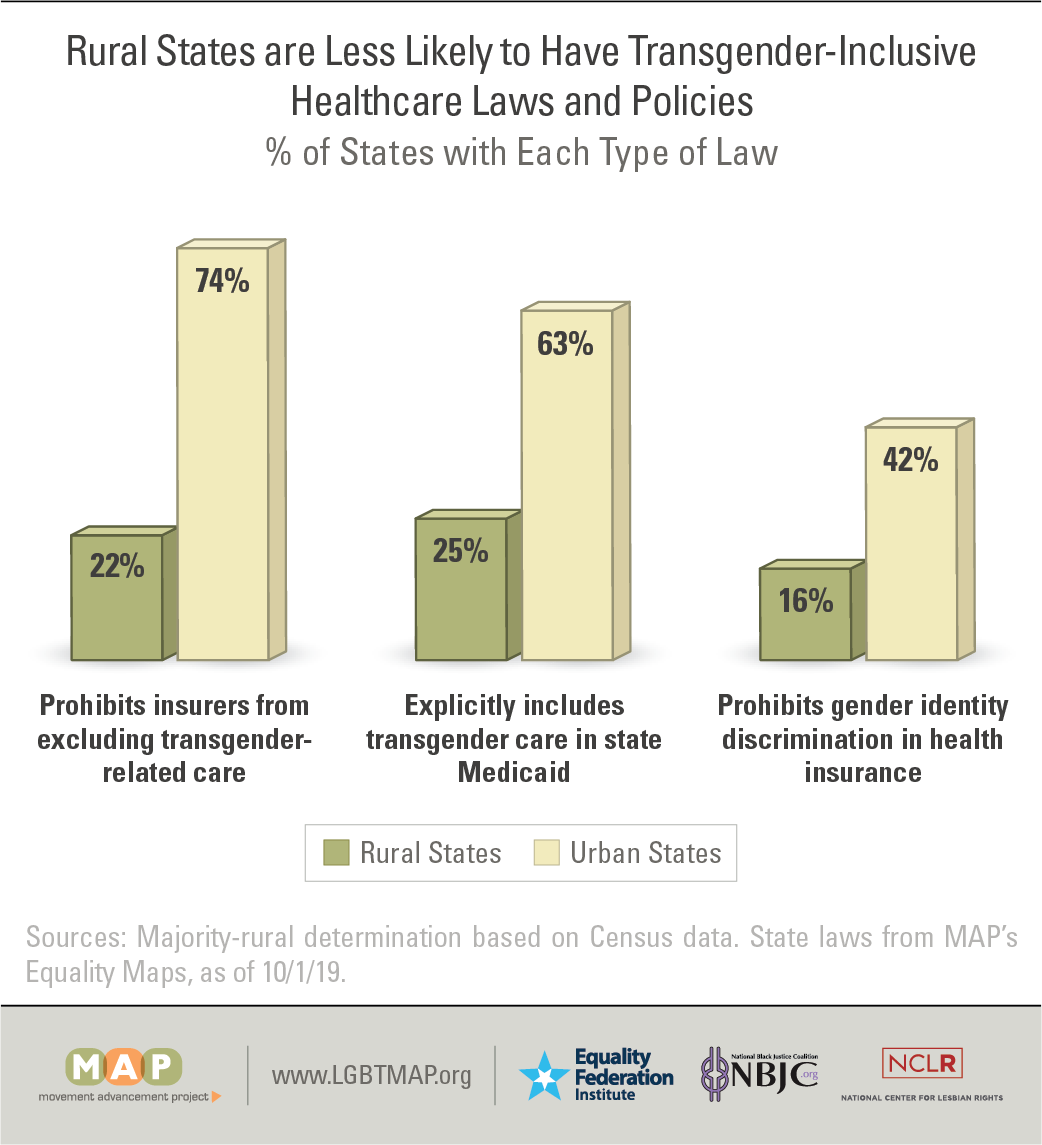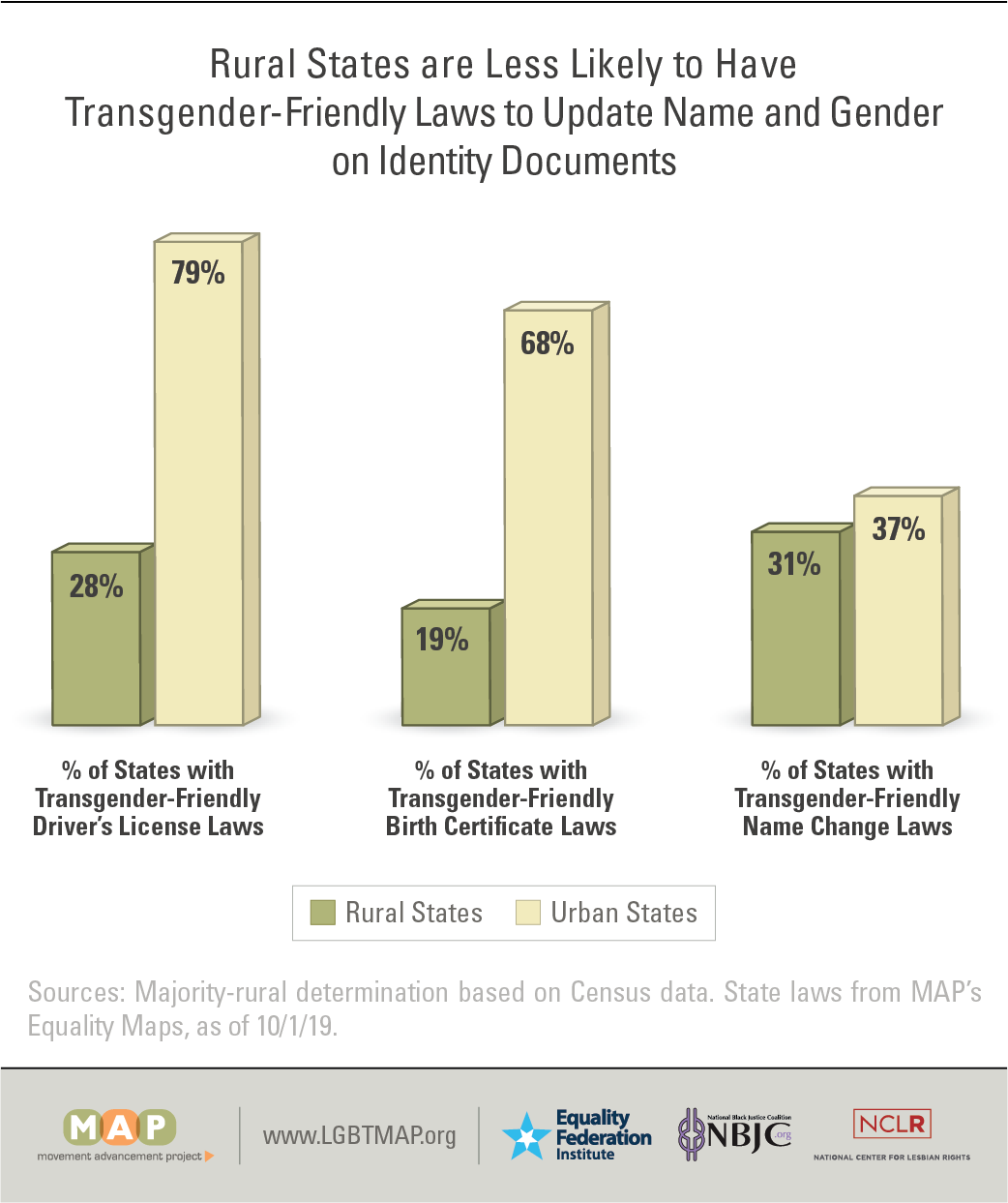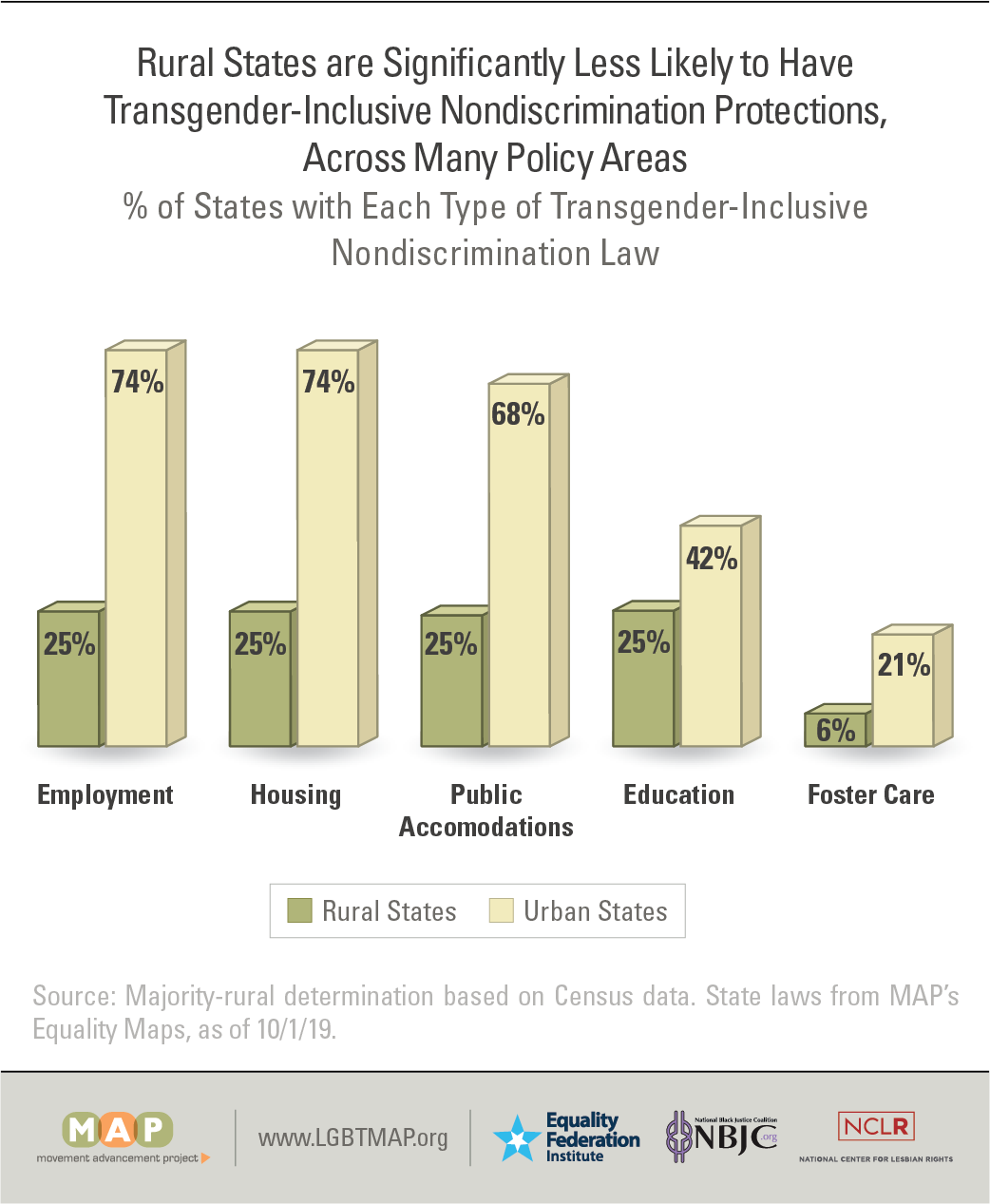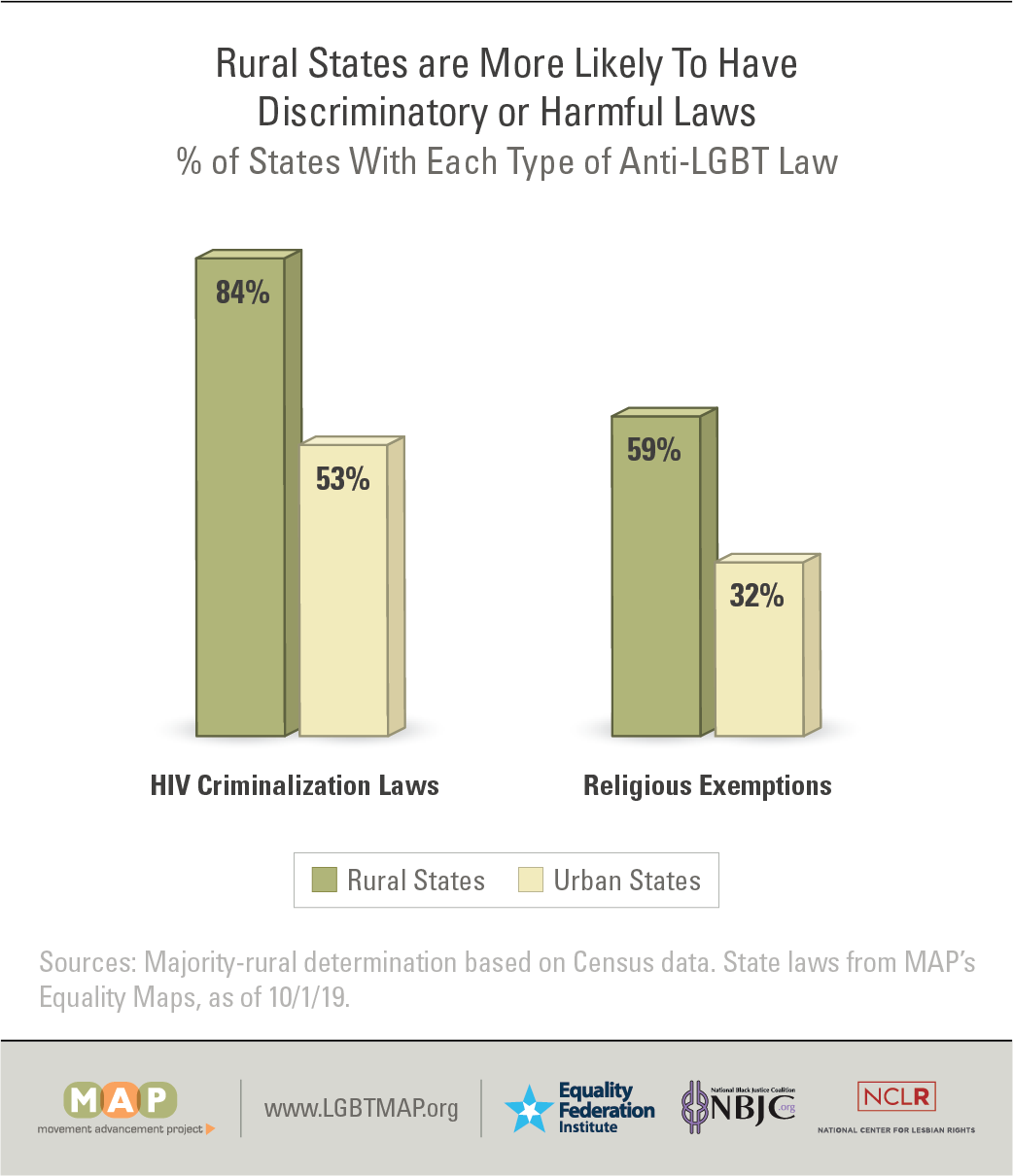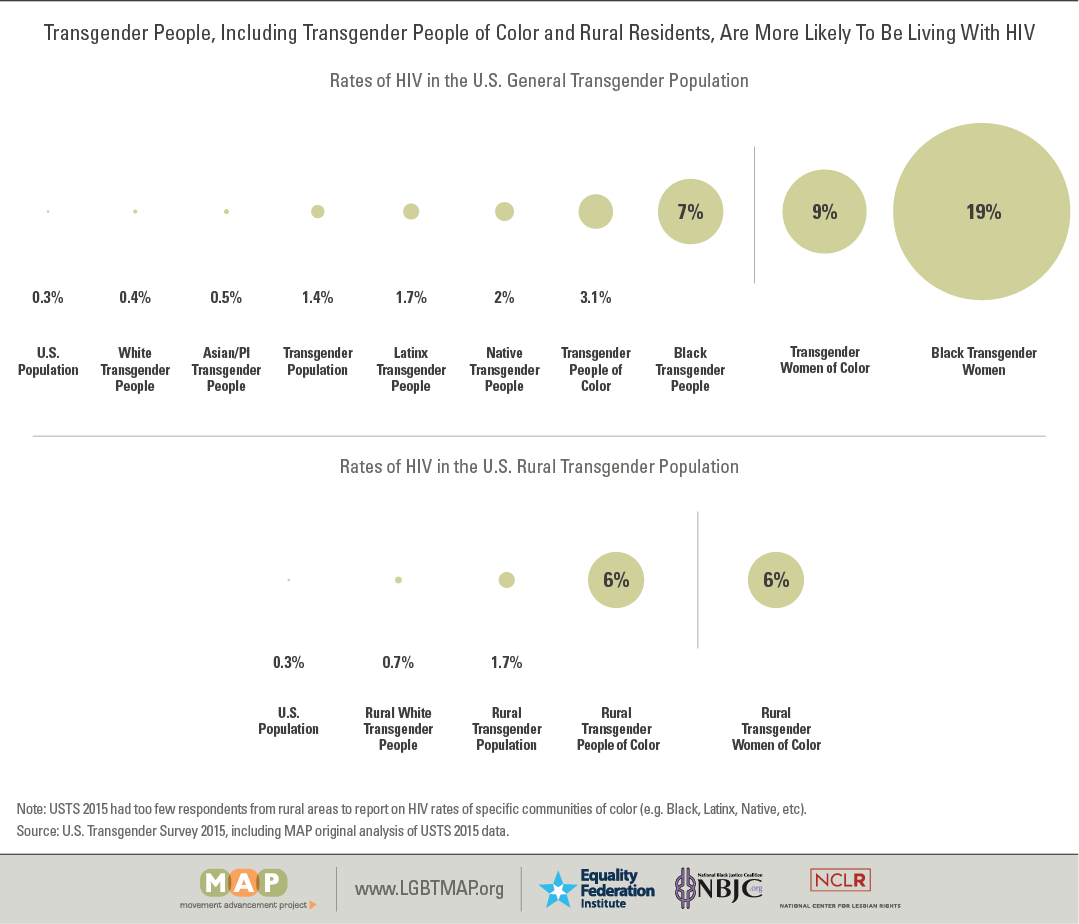- All
- Adoption
- Bisexual People
- Conversion "Therapy" Laws
- COVID-19
- Criminal Justice
- Data Equity
- Economic Security
- Education
- Families
- Hate Crimes
- Health Care
- Housing
- ID Documents
- Introductory Series
- LGBTQ Older Adults
- LGBTQ Women
- LGBTQ Youth
- Nondiscrimination Laws
- People of Color
- Regional
- Religious Exemptions
- Rural
- Transgender People
- All
- Automatic Voter Registration
- Ballot Initiatives
- Drop Boxes
- Early In-Person Voting
- Election Security
- Equality & Democracy
- Federal & State Voting Rights Acts
- Mail Voting
- Primaries & General Elections
- Post-Election Processes
- State Spotlights
- Threats Against Election Officials
- Voter ID
- Voter List Maintenance
- Voter Registration
- Voting Rights for Formerly Incarcerated People
- Young Voters

